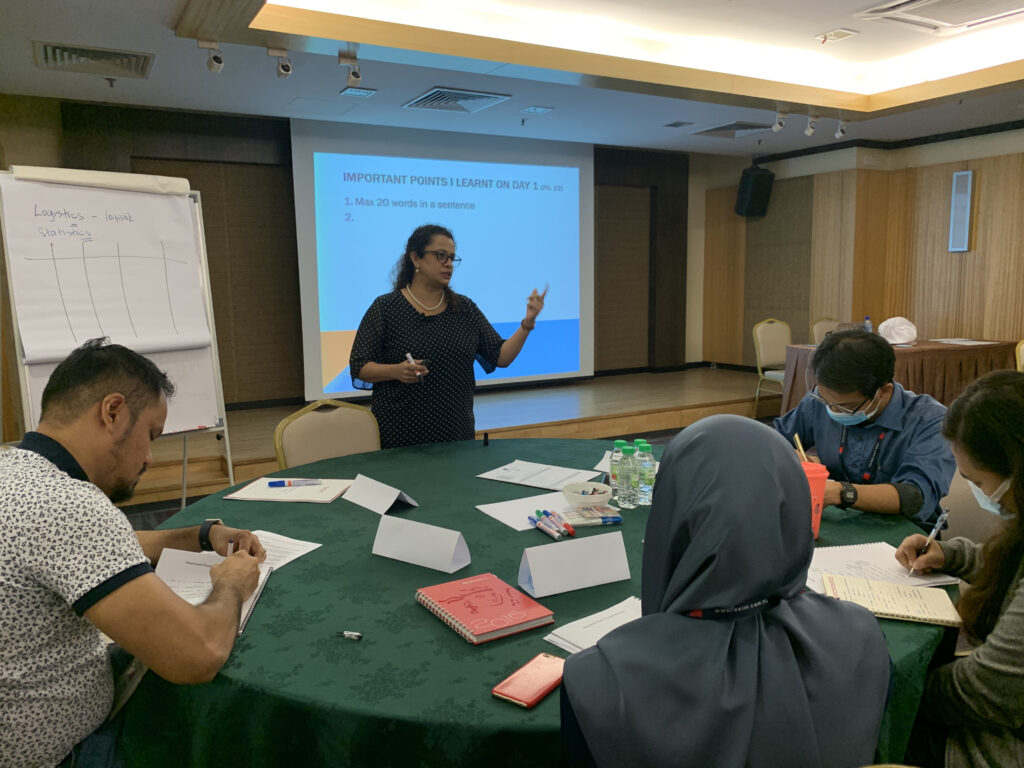Malaysia is a country with a diverse economy and a rapidly growing population. With this growth comes an increased demand for resources, including energy, which has led to a rise in carbon emissions and other environmental concerns. However, in recent years, the government and private sector have taken steps to promote sustainable practices and reduce the country’s carbon footprint.
One of the key initiatives in Malaysia’s sustainability efforts is the promotion of renewable energy. The country has set a target to increase the share of renewable energy in its energy mix to 20% by 2025, up from just 2% in 2015. To achieve this goal, the government has implemented various measures, such as the Net Energy Metering program, which encourages the use of solar energy by allowing households and businesses to sell excess electricity generated by their solar panels back to the grid.
In addition to promoting renewable energy, the government has also taken steps to reduce carbon emissions from other sectors. For example, in the transportation sector, the government has encouraged the use of public transport and introduced the Electric Vehicle (EV) Mobility Plan, which aims to have 100,000 EVs on the road by 2030. The government has also introduced the Green Building Index (GBI) certification system, which encourages the construction of energy-efficient buildings.
The private sector has also played a significant role in promoting sustainability practices in Malaysia. Many companies have taken steps to reduce their carbon footprint and promote sustainable practices throughout their operations. For example, the telecommunications company, Maxis, has set a target to reduce its carbon emissions by 50% by 2025 and has invested in renewable energy sources such as solar and wind power.
The tourism sector has also been a focus of Malaysia’s sustainability efforts, with the government promoting eco-tourism and sustainable tourism practices. The government has established the Malaysian Ecotourism Association, which encourages tourism operators to adopt sustainable practices and reduce their environmental impact.
Despite these efforts, there is still much work to be done to promote sustainability practices in Malaysia. One of the challenges is the lack of awareness and understanding among the general public. Many people are not aware of the impact of their daily actions on the environment and the importance of sustainable practices. To address this issue, there is a need for greater education and outreach efforts to promote awareness and understanding of sustainability.
In conclusion, Malaysia has made significant progress in promoting sustainability practices and reducing its carbon footprint in recent years. However, there is still much work to be done to achieve its targets and promote greater awareness and understanding among the general public. By continuing to invest in renewable energy and sustainable practices, Malaysia can create a more sustainable future for its citizens and the environment.

Tips on Presentation Skills
In the business world, everyone is often expected to present new ideas to staff, clients, partners, or even the public. Some of us are born



